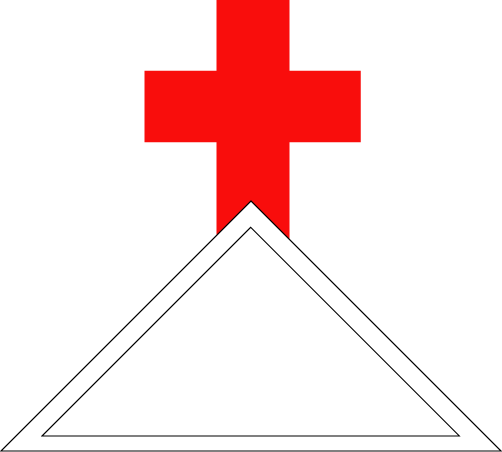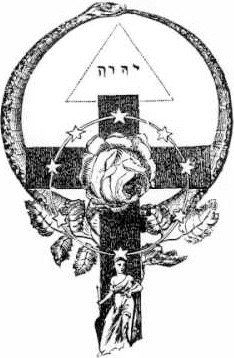

Then he went to Egypt, where he did not stay for long. This place remains a mystery - it did not become Damascus, but it is somewhere not too far from Jerusalem. After learning Arabic philosophy in Jerusalem, he was led to Damcar. This led him to Arabia, Egypt and Morocco, where he was put into contact with the sages of the East, who revealed to him the universal harmonic science. As told in their first manifesto Fama Fraternitatis (1614) (early 17th century) Christian Rosenkreuz started his pilgrimage at the age of sixteen. By this account, rather than being its founder, Rosenkreuz would have been initiated into and become the Grand Master of an already existing Order.Īccording to Emile Dantinne (1884-1969), the origins of the Rosicrucians may have an Islamic connection. From this conversion, Rosicrucianism was born by fusing early Christianity with Egyptian mysteries. Some accept it as literal truth, others see it as a parable, and yet others believe Rosenkreuz to be a pseudonym for a more famous historical figure, usually Francis Bacon.Īccording to a lesser known legend found in Masonic literature, the Rosicrucian Order was created in year 46 when an Alexandrian Gnostic sage named Ormus and his six followers were converted by one of Jesus' disciples, Mark. Most modern Rosicrucians accept this legend to varying degrees. When Rosenkreuz died in 1484, the Order disappeared, only to be "reborn" in the early 17th century. During his lifetime, the Order was alleged to be small, consisting of no more than eight members. Others contend that history shows them to be the genesis of later operative and functional societies.Īccording to a legend published in the 17th century Rosicrucian manifestos, the Rosicrucian Order was founded in 1407 (the early 15th century) by a German pilgrim named Christian Rosenkreuz (1378 - 1484), who studied in the Middle East under various occult masters. Moreover, some have viewed the 17th century order as a literary hoax or prank, rather than an operative society. Instead, they are considered to be keen followers. However, many researchers on the history of Rosicrucianism argue that modern Rosicrucians are in no sense directly derived from the "Brethren of the Rosy Cross" of the 17th century.

Several modern societies have been formed for the study of Rosicrucianism and allied subjects. This "College of Invisibles" is regarded as the source permanently behind the development of the Rosicrucian movement. The Rosicrucian Order is viewed among earlier and many modern Rosicrucianists as an inner worlds Order, comprised of great "Adepts." When compared to human beings, the consciousness of these Adepts is like that of demi-gods. In later centuries, many esoteric societies have claimed to derive their doctrines, in whole or in part, from the original Rosicrucians. According to historian David Stevenson, it was also influential to Freemasonry as it was emerging in Scotland. Rosicrucianism was more closely associated with Protestantism than Roman Catholicism and in particular, was most closely associated with Lutheranism. The influence of these documents, presenting a "most laudable Order" of mystic-philosopher-doctors and promoting a "Universal Reformation of Mankind", gave rise to an enthusiasm called by its historian Dame Frances Yates the "Rosicrucian Enlightenment". These were Fama Fraternitatis RC (The Fame of the Brotherhood of RC) and Confessio Fraternitatis (The Confession of the Brotherhood of RC). It holds a doctrine or theology "built on esoteric truths of the ancient past", which, "concealed from the average man, provide insight into nature, the physical universe and the spiritual realm." Rosicrucianism is symbolized by the Rosy (Rose) Cross which is also found in certain rituals beyond "Craft" or "Blue Lodge" Freemasonry.īetween 16, two anonymous manifestos were published, first in Germany and later throughout Europe. Rosicrucianism is a philosophical secret society, said to have been founded in late medieval Germany by Christian Rosenkreuz. Teophilus Schweighardt Constantiens, 1618 Rosicrucian greeting - "May the Roses bloom upon your Cross."


 0 kommentar(er)
0 kommentar(er)
